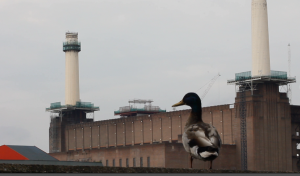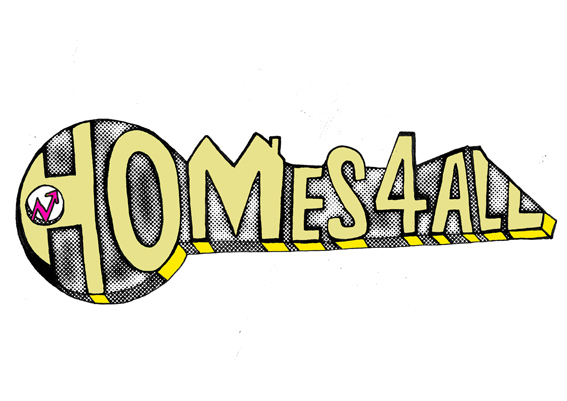Late July 2017, just a few weeks before the 40th anniversary of the Battle of Lewisham Spectacle found the “lost” video of the anti-fascist film “Aug 13: What Happened” in its extensive and unique video archive. The Spectacle video archive contains over 3000 hours of video on social justice, urbanism, human rights, housing, anti-racism, alternative and radical media from 1977 to the present day. Much of the late 1970s and 1980s content was shot in and around East London which was a very different place then.
The film “Aug 13” was found, high on a shelf, among a group of U-Matic tapes Despite TV had gathered for a film, never finished, for the 50th Anniversary of the 1936 Battle of Cable Street when the Jewish community of East London and its anti-fascist allies blocked the streets in order to prevent Oswald Mosley and his British Union of Fascists marching through.
August 13 1977 the Battle of Lewisham from Spectacle Media on Vimeo.
The film depicts the infamous events of 13 August 1977, the so called Battle of Lewisham, when the far-right National Front (NF) attempted to march through South East London which led to clashes with anti-fascist groups, and later between demonstrators and the police. The footage shows the first time police deployed riot gear on the UK mainland and provides vital evidence about the demonstration and its aftermath in which over 100 people were injured.
With testimony from eyewitnesses varying, and often contradicting official reports, the battle has become a contested historical event. The film was shot by volunteers connected to the Albany Video project in Deptford. This version was restored just in time for the anniversary and is now included in the London Community Video Archive
Nearly forty years later to the day, 12 August 2017, there was the “Charlottesville incident” a counter demonstration against a White Supremacist and Neo-Nazi march in Charlottesville , Virginia, USA. Lessons from the past might help in the fight against a new virulent form of Fascism taking a grip particularly in the USA, UK and Europe.
You might also be interested in our documentary film
22nd August will also be the 26th anniversary of the Rostock-Lichtenhagen riots. Check out our participatory investigative feature length documentary “The Truth Lies in Rostock”
The Truth Lies in Rostock from Spectacle Media on Vimeo.
August 1992 Lichtenhagen estate, Rostock, former East Germany. Police withdraw as fascists petrol bomb a refugee centre and the home of Vietnamese guest workers while 3000 spectators stood by and clapped.
Using material filmed from inside the attacked houses and interviews with anti-fascists, the Vietnamese guest workers, police, bureaucrats, neo-nazis and residents, a story of political collusion and fear unfolds.
“Aug 13” is just one of the many lost and forgotten gems to be found in the Spectacle Archive. We are always interested to explore collaborative projects based on our archives.
To find out more about our archive, which also includes 100s of original paper documents regarding independent media 1977-2000 please ontact archive@spectacle.co.uk to find out more or visit Spectacle Archive


